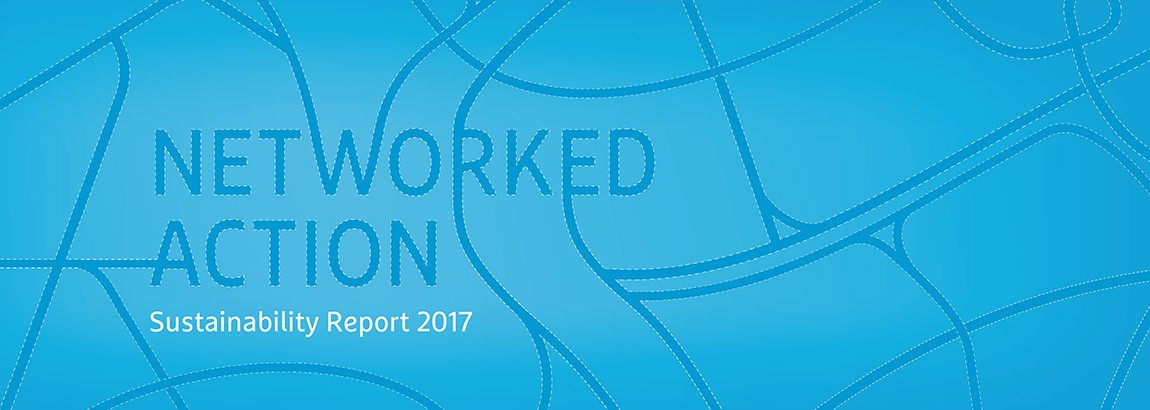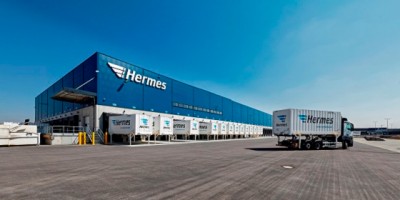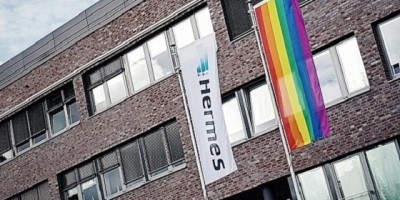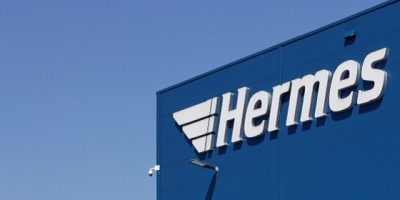Dialogue with Stakeholders
New impetus for continuous improvement
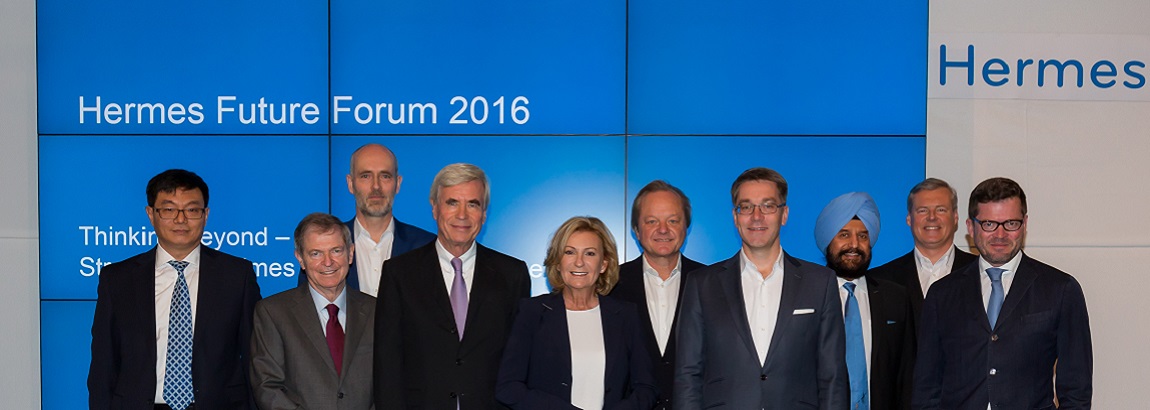
From our perspective, sustainable business makes best sense when risks and opportunities are recognised at any early stage and the interests of our stakeholders are taken into account. This is why – true to its guiding principle of 'Networked Action' – continuous dialogue with relevant stakeholders is crucial for Hermes.
In a topic-related mapping process, we have identified key stakeholders and we are in regular exchanged with the following target groups: employees, customers, clients, contractors, suppliers, business associations, competitors, NGOs, the media, the critical public as well as representatives from business, politics and public authorities.
In view of the different interests and focus topics, we have developed target group-specific dialogue formats to address stakeholders in a targeted manner. In this way, we are looking to anticipate and respond to the expectations and requirements of our stakeholders at an early stage. Topics identified in this way flow into our decision-making. The table below provides an overview.
Hermes uses various forms of communication for dialogue: from surveys and events or workshops to political initiatives and traditional press and public relations work. An intranet platform and a newsroom with a thematic focus on sustainability are key and active channels for this. We also promote interactive networking with our stakeholders to an ever-growing extent through social media – for example though our Twitter channels or the Hermes blog. Our various memberships in associations and initiatives open up other options for cooperative dialogue for us. The 'Hermes Future Forum' for example is an invigorating platform for debating future issues concerning corporate responsibility.
The stakeholder perspective was also important in determining our priority CR issues.
Hermes‘ stakeholders, their critical issues and the corresponding format for dialogue
| Stakeholders | Core issues | Specific dialogue format |
| Otto Group |
| Working groups, groupwide intranet, events, joint studies (e.g. the DCTI study on environmentally-friendly procurement) |
| Hermes Group Companies |
| Conferences, events, Hermes Newsroom |
| Our own employees |
| Employee surveys, internal courses and events, the WE DO! sustainability programme, Intranet platform (Helios) |
| Employees at contractors |
| Whistle-blower system (Hermes Social Compliance and Ombudsman), internal work safety audits at our sites |
| Customers |
| Customer surveys, e.g. 'Customer Contact Monitor' (survey of recommending Hermes), Social network channels (blog, Newsroom, Twitter) |
| Clients (shippers) |
| Client magazine, service compass (free monthly CO2 report) |
| Contractual Partner |
| Certification and audits |
| Business associations |
| Collaboration with the Bundesverband Logistik (Federal Association for Logistics) and the Bundesverband Internationaler Express- und Kurierdienste eV (BIEK) (the German Association of Parcel and Express Logistics) (the latter since 1993) |
| Competition |
| Membership in industry initiatives |
| NGOs / Initiatives |
| Membership is various networks and cooperation agreements with NGOs and initiatives (e.g. German Nature and Biodiversity Conservation Union (NABU) 'Fair Truck' initiative |
| Media |
| All aspects of corporate communications at Hermes, current offerings in the Hermes Newsroom |
| Critical public |
| External communication, social networks |
| Business |
| Hermes Future Forum, support given to research projects (e.g. at the universities of Jena andLüneburg, cooperation Kühne & Nagel (university), joint studies |
| Politics (local and regional), city and municipalities |
| Collaboration in community projects, commitment to chambers of commerce, etc. |
| Politic (national level) |
| Hermes Future Forum, event formats and discussions, associations such as BIEK, BVL, etc. |
| Politic (European level) |
| Membership in initiatives (e.g. freefairpost (FFPI), etc.), work in the field of political affairs |
| Administration |
| Event formats and discussions |
| Cooperation partners (e.g. Daimler) |
| All aspects of Hermes corporate communications, active press and PR work |
